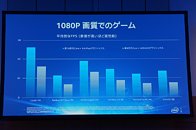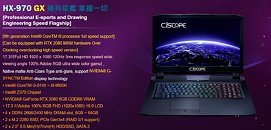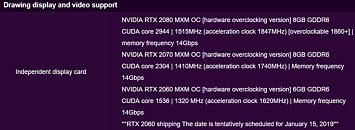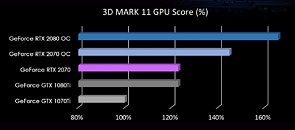
Borderlands 4 State of Play Deep Dive Reveals Siren Abilities, Progression, Massive Mobility Buffs, and Overhauled Gameplay
As the Borderlands 4 release date nears, 2K Games and Gearbox have seen fit to give fans a glimpse of what to expect from the upcoming looter shooter in a PlayStation State of Play Deep Dive. The video jumps straight into the action, giving us more hints about what to expect from the new vault hunters that will be the center of the story on Kairos. The presenters finally revealed the names of two of the new vault hunters: The siren is called Vex, and the soldier-class hunter is called Rafa; so far, the other two vault hunters still remain a mystery. The deep dive provided a small glimpse at what to expect from the various vault hunters, with the two mentioned above receiving the most attention throughout. Rafa is a former Tediore soldier with an experimental exo-suit able to conjure energy weapons—including some long arm-mounted blades that look lethal for melee combat—and enhance his physical attributes, while Vex features the usual siren pseudo-magical abilities that enable her to summon minions, manipulate her enemies, and buff her own abilities. We only got glimpses of the other two vault hunters in action: The burly vault hunter than has often been likened to a viking shows off an energy shield, similar to what we saw from Athena in Borderlands: The Pre-Sequel. As expected, he seems to be something of a close-quarters combatant. The other female vault hunter, who has comically been referred to as "pants lady" in online discussions, showed off the ability to use something similar to a Siren's phase lock ability, although that's all we have seen from her aside from what was shown of previously.
In terms of plot, the only real plot-relevant mission shown off in the deep dive occurs when the POV player is at level 24, and the vault hunters are on a mission to rescue Lilith from a fortress, where it is discovered that a villain is seemingly conducting human experiments. The planet Kairos has been ruled and seemingly kept out of danger by the Timekeeper, who used cybernetic implants and a fanatical organization called The Order to maintain order, but the whole system was thrown into disarray when Lilith teleported the moon Elpis into Kairos's orbit at the end of Borderlands 3, six years prior to the events unfolding in Borderlands 4. The disruption of the Timekeeper's order has caused an uprising in the people, resulting in many of its citizens crudely removing their cybernetic brain implants and apparently causing brain damage in the process. The State of Play deep dive also gave us some ideas of what to expect from its overhauled skill trees, weapons mods, loot mechanics, and greatly enhanced mobility options.
In terms of plot, the only real plot-relevant mission shown off in the deep dive occurs when the POV player is at level 24, and the vault hunters are on a mission to rescue Lilith from a fortress, where it is discovered that a villain is seemingly conducting human experiments. The planet Kairos has been ruled and seemingly kept out of danger by the Timekeeper, who used cybernetic implants and a fanatical organization called The Order to maintain order, but the whole system was thrown into disarray when Lilith teleported the moon Elpis into Kairos's orbit at the end of Borderlands 3, six years prior to the events unfolding in Borderlands 4. The disruption of the Timekeeper's order has caused an uprising in the people, resulting in many of its citizens crudely removing their cybernetic brain implants and apparently causing brain damage in the process. The State of Play deep dive also gave us some ideas of what to expect from its overhauled skill trees, weapons mods, loot mechanics, and greatly enhanced mobility options.






















